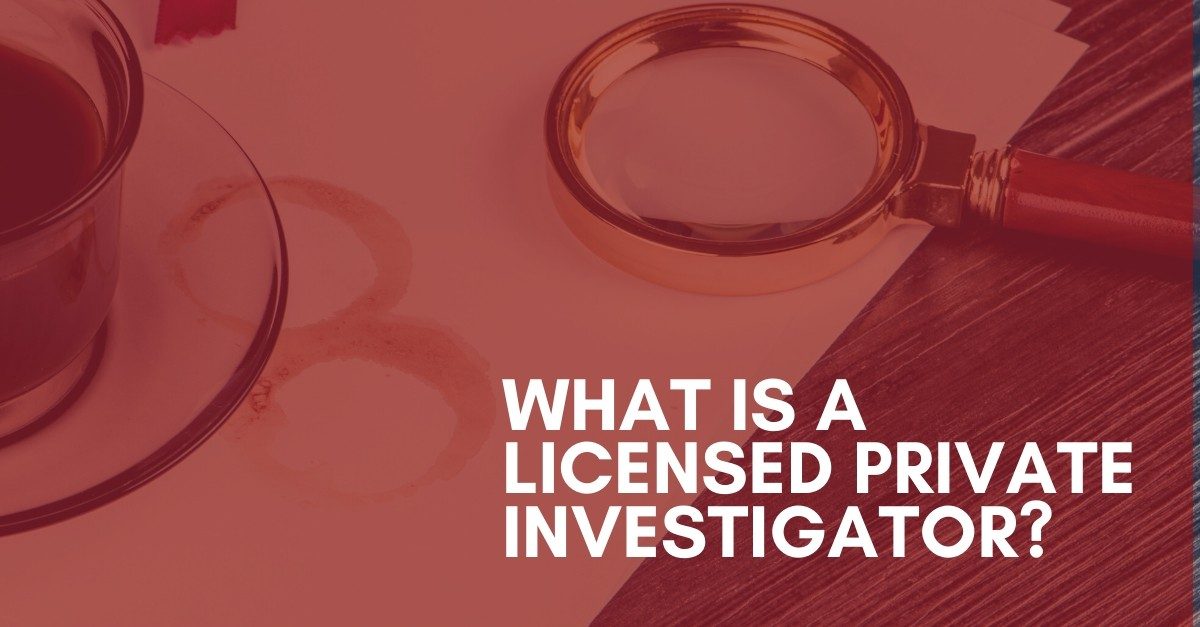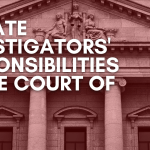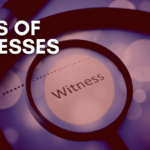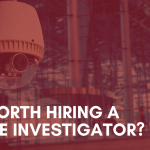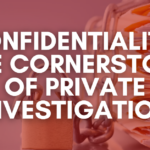A licensed private investigator, sometimes referred to as a PI, is someone who’s job entails acquiring information, uncovering and compiling evidence or finding a missing person. Private citizens and companies often seek out these services, and make up most of their clientele.
Private investigators often work for attorneys and lawyers in both civil and criminal cases. Our primary workload and speciality here at Advantage Investigations involves just that. Close collaboration with law firms. We offer comprehensive compiling and collection of relevant evidence that can play a pivotal role in court.

Insurance companies are also among the most prominent organizations that hire private investigators. Insurance fraud is a rather prevalent crime. It is often the case that insurance companies will employ someone from a third party to investigate on their behalf. In less extreme cases, and in the interest of preventing going to court over insurance fraud, insurance companies might hire a PI to look into suspicious or potentially fraudulent insurance claims.
Do Private Investigators Need a License to Operate?
In America, this is dependent on the state. Most states require a private investigator to hold a license. Some, however, don’t provide them whatsoever. Whilst others might offer them but the use and acquisition of one is only optional. Before hiring a PI, it is important to confirm whether they are required to hold a license in your state. If they are, find out if they have one. Simply asking should be enough. If this poses a problem to a particular PI or is a point of contention, it can be a sign of malpractice, and ought to be taken as a red flag.
Why Do PIs Hold a License?
A private investigators job description and responsibilities can vary immensely. It often depends on the company or individual’s speciality, and the needs of their clientele. Collecting digital evidence and performing background checks can be a very large part of these. As well as surveillance.
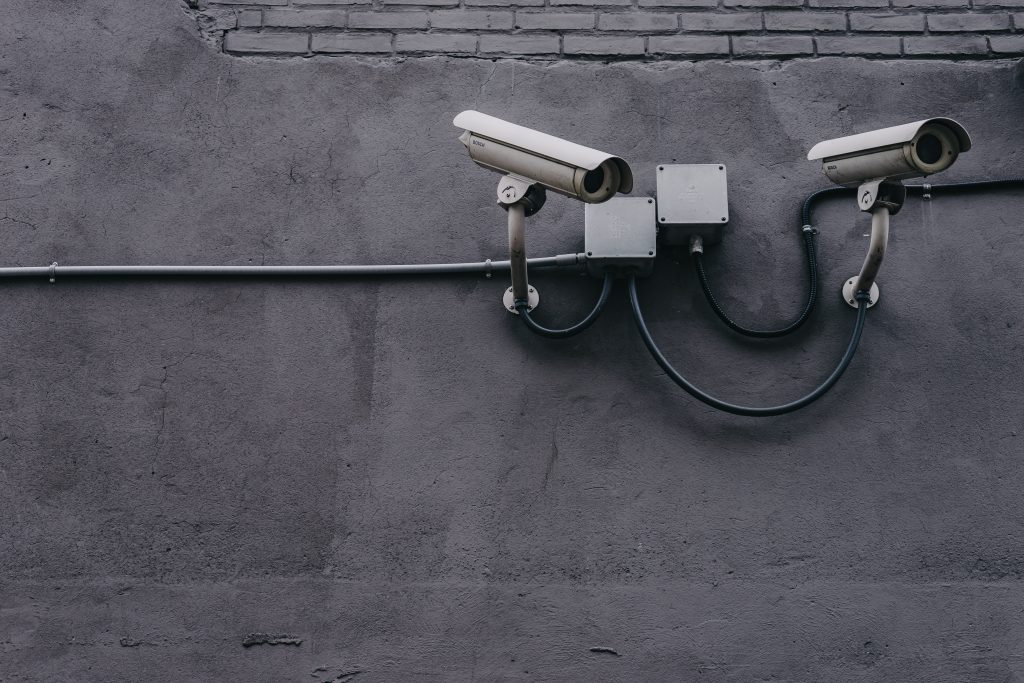
Surveillance can sometimes put a PI in harm’s way, especially if it involves surveilling for a criminal case. Depending on state and local law, private investigators may be permitted to carry a firearm. This can sometimes be one of the reasons a PI may need a license. Paired with that, is also the fact that they may be required to testify in court. Their observations, collection of evidence and detailed notes can be of utmost importance in a court case.
In addition, private investigators also deliver legal documentation, such as subpoenas, to participating parties in a given court case. Being able to track someone down, can at times be essential for the completion of this task. But more importantly, a license could serve as proof that the PI has the necessary technical expertise and knowledge to deal in legal documents.
If you find yourself in need of our services please don’t hesitate to get in touch. Call us or click on this link to get in touch with our team members.

